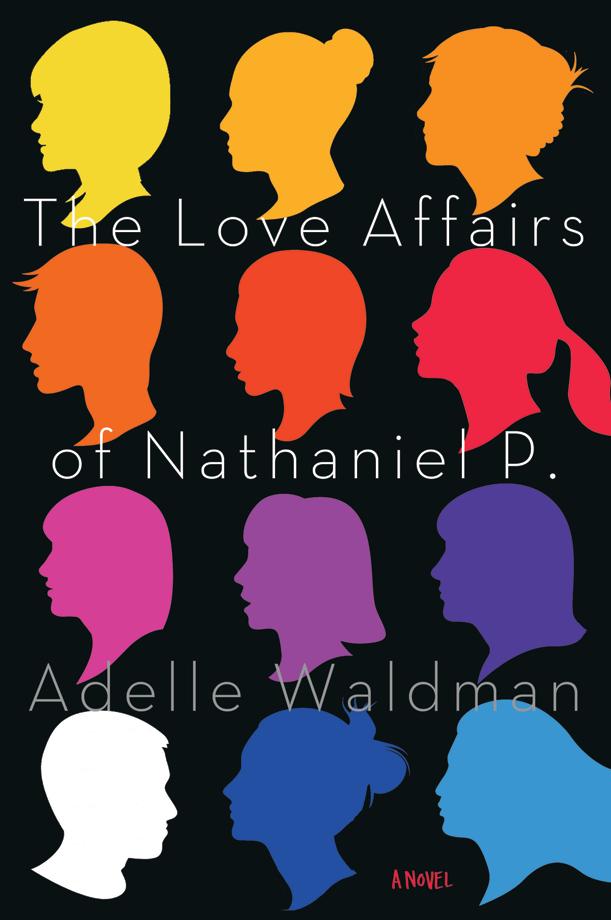
What would Nate make of me now?
I wonder what Nate would make of me now that I’m less dependent on that male approval. He would blanch, no doubt, finding me far too loudly opinionated and unladylike for his tastes. And he’d also look down at me because I tend to sit in the back at readings and panels and snark, and I do so precisely so I don’t have to schmooze and network as he so avidly does. He’d say that I was wasting precious opportunities to advance myself, and ask why do women shy away from ambition that way? Maybe he’d be right. I’d probably laugh in his face, but there would also be a tiny remaining kernel of insecurity in me that would smart with pain at his judgment. No matter how healthy my self-regard has become since college, I still find it daunting how much power men like Nate wield in the world of letters, and in the world in general. I resent the blithe privilege that makes it hard for them to understand why others don’t enjoy an easy climb into authority and intellectual self-confidence.
Waldman essentially has said the same thing, telling the Rumpus (in a must-read interview) that Nate likely wouldn’t read her book:
I think it is, in some sense, frustrating that Nate isn’t called out in the book for some of his most unnerving thoughts. But I wanted the novel to feel entirely realistic, and I don’t think, in reality, men are always—or often?—punished for harboring these kinds of ideas. That’s part of the problem.
The satisfying meta-aspect of Waldman’s novel is that she essentially proves Nate’s misogyny-lite wrong by writing an intellectually sophisticated take on his inner life. And perhaps that triumph explains why so many young women in New York City have seized upon the book as a totem; they see the men who frustrate them embodied in Nathaniel’s existence, which makes discussing his characterization a conduit for a kind of reverse gaze, or counter-scrutiny.
As to whether women far away from Brooklyn hipsterdom–say, a waitress in Des Moines or a teacher in Seattle–would see themselves and their love interests in this novel, my educated guess is that many would, though some would be turned off by some of the inside-baseball qualities that I found so juicy. My MFA thesis advisor, Abby Frucht, who lives in Wisconsin, told me that the book was recommended to her by two other women in Wisconsin, both of whom had nothing to do with the media or the Ivy League.
Waldman would be happy to hear this, I think; she has made a good case for her narrow scope (also in the Rumpus), explaining that she sought to do what all good writers do, which is find the universal in the specific. Her aim was to use Brooklyn and the writing scene there as a means to reach something more fundamental and profound about gender and relationships in our post-feminist age. As she acknowledged, “to make Nate feel real, I had to render him in all his particularity and context.” And if the reactions I have witnessed are any indication, she succeeded: Nate feels so painfully, uncomfortably real that readers, including Waldman, are still having continuous dialogues with him.



